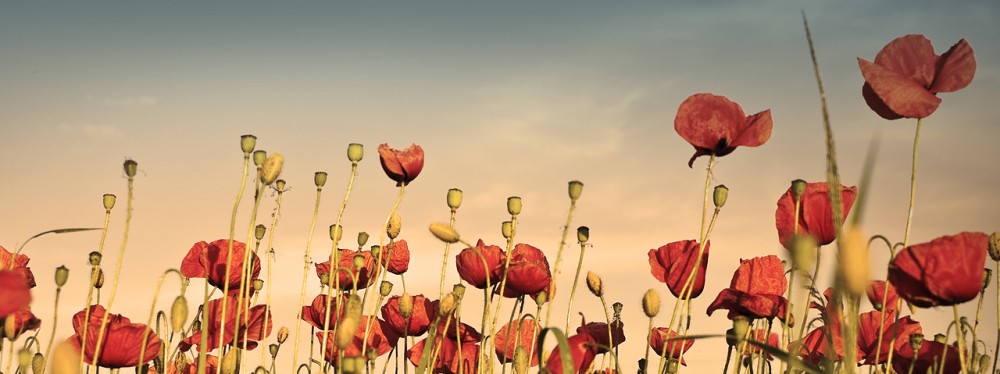Edward Thomas often did not date his letters, other than writing the day of the week at the top of the page. He is far from the only person to have done this, the Wandsworth archive collections are full of correspondence which is not well dated and for which other information has to be used to establish when it were written. For two letters written to Eleanor Farjeon in late September/early October 1915, one has a postmark which dates it to this week and the other has no clue at all – the envelope has been lost and all that Edward Thomas wrote on it by way of date was “Wednesday”.
 The letter with the postmark was postmarked Loughton, 9.30pm, 30 September 1915. Thomas gives no address, but the later letter was written from Hut 23, Harehall Camp, Gidea Park. Romford South, so it seems reasonable to assume that the earlier letter was as well. Thomas had joined the Artists’ Rifles, more information about them in Harehall Camp can be found here and here, and Havering Museum have photographs of the Camp and local area here.
The letter with the postmark was postmarked Loughton, 9.30pm, 30 September 1915. Thomas gives no address, but the later letter was written from Hut 23, Harehall Camp, Gidea Park. Romford South, so it seems reasonable to assume that the earlier letter was as well. Thomas had joined the Artists’ Rifles, more information about them in Harehall Camp can be found here and here, and Havering Museum have photographs of the Camp and local area here.
Thomas’s opinion of the camp was that: “It is not so bad, but now that the rain has come it is worse. There is no comfort after wking + it is dark. The canteen is the only place, noisy, draughty and ugly. Everything is badly arranged, ugly and dirty. But one has an appetite and can satisfy it, and the country is beautiful, and for a week the weather was perfect.”
He was writing in response to a letter from Eleanor, which presumably asked after his own reading or writing:
“No. Books are all off except a 6d one on Company Training, which I must learn by heart…I find I can learn some things yet, and I am just curious what I shall be able to do with a pen if and when I take to it again”
His other letter from this period, undated, but place in the sequence of letters as if written the following week, also refers to writing: “We are having too easy a time, so that again I have reverted and written some verses, I am afraid they aren’t finished. I never have any time really to myself and have continually to be putting my paper away..I will copy out the verses as they exist now + if you like them will you make a copy or two of them?”
The verses in question are a draft of the poem, There’s Nothing Like the Sun:
There’s nothing like the sun as the year dies
Kind as it can be, this world being so,
To stones and men and beasts and beer and flies,
To all things that it tricks except snow
Whether on mountainside or street of town
The south wall warms me. November has begun.
Yet never shone the sun as fair as now
While the sweet last-left damsons from the bough
With spangles of the morning’s storm drop down
Because the starling shakes it whistling what
Once swallows sang. Yet I can forget not
That there is nothing, too, like March’s sun,
Like April’s, or July’s, or June’s, or May’s,
Or January’s, or February’s, great days:
August, September, October and December
Have equal days, all different from November.
No day of any month but I have said –
Or if I could live long enough should say –
There’s nothing like the sun shining today –
There’s nothing like the sun till a man’s dead.
Edward Thomas letters to Eleanor Farjeon, 123 &124, ref: D112/1/3



